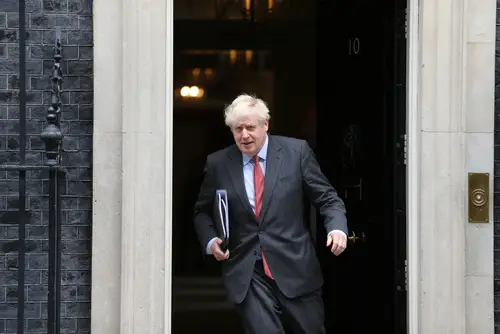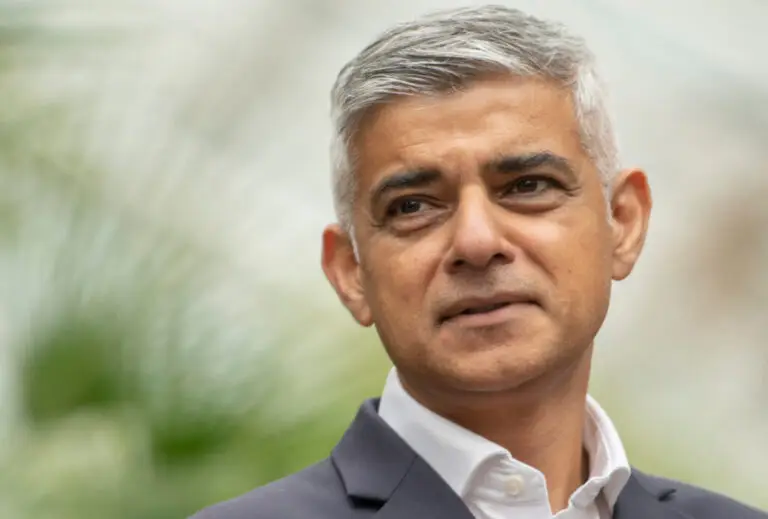Impact on the legislative agenda
The Government is in a state of paralysis with major pieces of policy and legislation not being signed off by No10 and stuck in the system. This includes the Health Disparities White Paper and the Gambling Act review. Several other announcements have been watered-down or faced legislative barriers for example the National Food Strategy, the Schools Bill and the Levelling Up Bill.
Following the resignations, there are major gaps across government. For example, there are several Departments including the Department for Education and the Department for Levelling Up, Housing and Communities which have severely depleted ministerial teams. The lack of ministers this week has resulted in the cancellation of several bill committees, essential to ensure legislative passage through Parliament.
It is expected that Boris Johnson, if allowed to hold on until the Autumn, or an interim replacement such as Dominic Raab, will re-appoint ministers to enable the wheels of government to turn once again. However, the appointments will take time and new ministers will need to get to grips with their brief. With both houses rising for recess on the 21st July, there is a very limited time for legislation to progress meaning key parts of the government’s agenda announced in the Queen’s Speech less than two months ago may have to be dropped or paused.
Impact on the wider political agenda
One part of the upcoming leadership election will be to redefine what the Conservative Party stands for in 2022.
A mixed impact on the foreign affairs agenda is expected to be seen as a key part of Boris Johnson’s legacy and a crucial challenge for the next Prime Minister. Whilst Johnson took the UK out of the EU, several questions remain, most immediate are those around the future of the Northern Ireland protocol, whilst the long-term future of the UK-EU relationship is yet to be fully articulated by the UK Government. Elsewhere, Johnson’s role in supporting President Zelensky has been praised and credited as a key reason as to why he was able to stay in the role for so long. The next Prime Minister will need to show they have a credible plan to deal with Putin’s continued aggression in Ukraine and outline their approach to working with NATO and the G7.
On the domestic front, the nation is facing a cost of living crisis and many voters are likely to be frustrated with the machinations of Westminster whilst many live paycheck-to-paycheck. More than 2m households have missed a bill payment every month this year as people struggle to keep their heads above water in a “relentless cost of living crisis”, according to new research from consumer group Which?. Any new leader will be expected to have a coherent plan about how the crisis will need to be dealt with.
Health is a key concern for voters with millions on an NHS waiting list for treatment. Tackling the treatment backlog is not an easy task, especially against concerns of rising COVID-19 infections expected this Autumn, alongside workforce pressures within the NHS. Voters could think again about backing the Conservatives at the next election if they are still waiting for their treatment, given the significant impact the NHS backlog is having on people’s lives. According to research from 38 Degrees/Survation this week: across Great Britain, of those on an official waiting list for treatment, over 1 in 3 report a reduced quality of life (36%), a quarter have seen their mobility deteriorate (25%) and 1 in 10 have been forced to leave their jobs (11%). More than 1 in 3 say (34%) their condition has worsened while they’ve been on the waiting list.
Away from the Conservatives, the Labour Party have clearly relished this opportunity with Keir Starmer delivering one of his stronger performances at this week’s Prime Ministers’ Questions. However, Starmer is still yet to hear from Durham Constabulary on the outcome of their investigation into whether he broke COVID-19 regulations. The Constabulary are understood to be concluding their inquiries with the outcome potentially leading to another major political moment.





